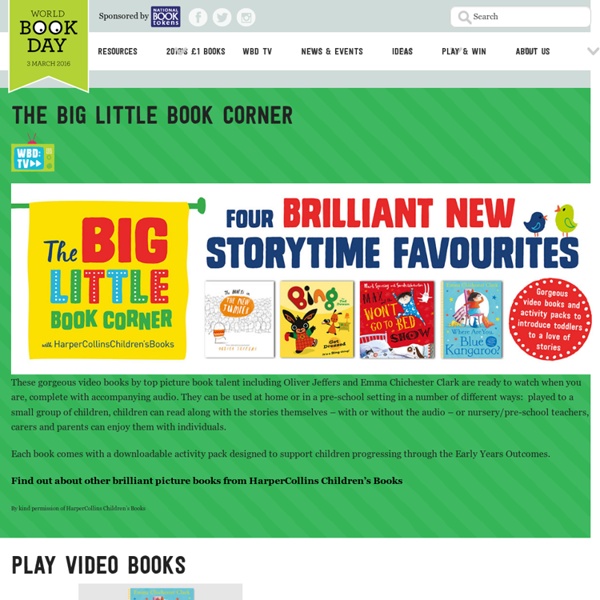



Books | We Give Books Read The Biggest and Brightest Light For Ages: 4-7 Read now More info Wishes Read now More info Popcorn Read now More info Fix It, Fox Read now More info My Twin! Read now More info My Cat Read now More info Spots Read now More info Where Can a Hippo Hide? Read now More info Hop! Read now More info Night Animals Read now More info A Hunt for Clues For Ages: 8-10 Read now More info Moon Stories Read now More info The Tale of Cowboy Roy Read now More info Spring Read now More info Turtles & Tortoises Read now More info Life in the Ocean Read now More info Nuts Read now More info The Four Seasons of the Year For Ages: 0-3 Read now More info Secrets of the Seashore Read now More info Christopher Hogwood Read now More info Little Bird Captures the Moon Read now More info A Mouse Named Small Read now More info Packy & Frip. Read now More info The Hungry Mockingbird Read now More info My Amazing Changing Life Read now More info A Frog's Life Read now More info The Rolling Reading Room Read now More info The Other Wolf Read now More info The Storm
theconversation Children are heartily encouraged to read in their early years of school. However, once students have mastered this skill and they move from learning to read, to reading to learn, the role of pleasure in the activity can be forgotten. If reading is just seen as a tool for learning, the will to read may not be fostered in young people. Recreational book reading involves voluntary reading for pleasure, and research suggests that students in Australia and internationally are reading less over time. Why is reading important? Regular recreational book reading is one of the easiest ways for a student to continue developing their literacy skills. Reading for pleasure has been associated with a range of benefits, including achievement across a range of literacy outcomes, with literacy levels linked to advantages for academic and vocational prospects. What is aliteracy? Students with the skill to read, but without this will, are deemed aliterate. Whose job is it to encourage teen reading?
The Selfish Giant (Oscar Wilde) –[Multimedia-English videos] One of most beautiful and famous fairy tales by Oscar Wild. The story of a grumpy selfish giant and a little boy who teaches him about a happy life and an eternal spring. An inspirational story to make you think about how you are running your life. If you want to see it with subtitles, make sure you activate YouTube subtitles on the video. Every afternoon as they were coming from school, the children used to go and play in the giant's garden. + Official - Cool © Angel Castaño 2008 Salamanca / Poole - free videos to learn real English online || M-E widgetsInfoPrivacyTerms of useContactAbout why?